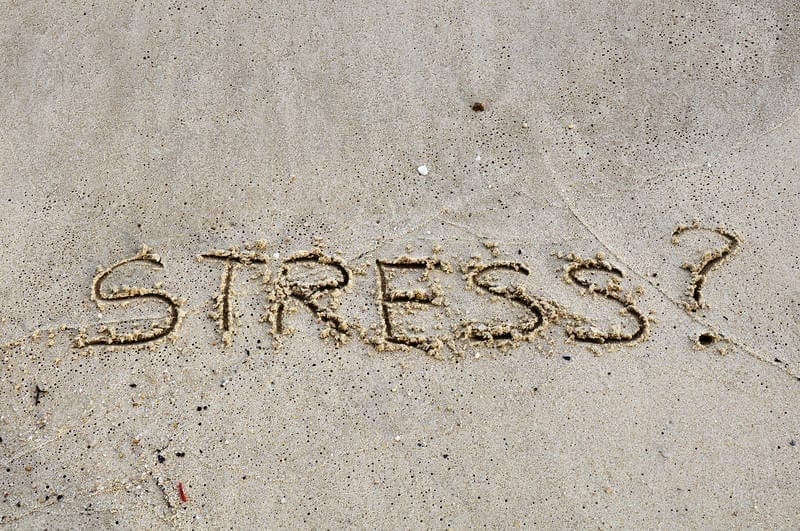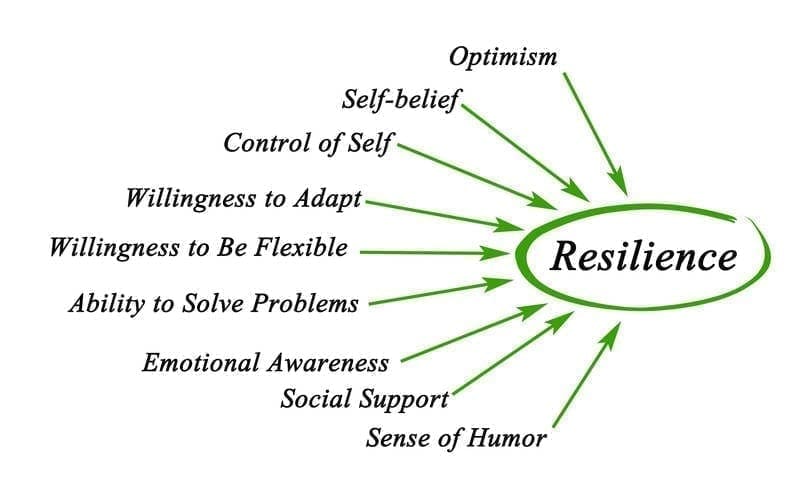Raising Resilience
We as a people and a planet are facing challenging times. We are being bombarded with environmental and economical obstacles. Pollutants, viruses, electromagnetic radiation and social distancing are threatening our health, forcing us to reevaluate the way we live.
Fortunately, humans have a capacity to thrive in the face of adversity and adapt to any earthly conditions. Humans have the ability to assess a situation, pull resources and meet difficulties with ingenuity and spirit. We can do this individually and in social spheres working together as a community.
Change what we can
It may not be possible to protect ourselves from environmental toxins entering our personal space. Focusing on what we cannot control only accentuates a feeling of hopelessness, while taking even the smallest actions to change what we can adds to a sense of empowerment.
We are at a critical moment in history when we must consciously focus on our resilience and adaptability. Mental, emotional and energetic resilience are things we can all improve. Simple daily practices can add up to monumental shifts in health, mood and mindset, creating a place of empowerment.
Self-care and preventative health are becoming daily necessities, no longer a luxury to put off for when we can find the time. Making the time for practices that build resilience may soon become a matter of survival. It’s a matter of finding those that work best for you. So where do you begin?
What seems to be the number one issue at hand is anxiety. Most of us are either anxious about maintaining our health or anxious over the uncertainty of the immediate future.
Anxiety triggers our autonomic nervous system into fight or flight, producing a rush of cortisol in the body. Cortisol is part of our evolved survival mechanism that can heighten our senses and override fear or pain in traumatic events. However excess cortisol created by chronic low level stress suppresses the immune system, causes high blood pressure, mood swings and depression, and may lead to obesity.
Breathing practice
The easiest way to help lower cortisol levels in the body is with simple breathing exercises. Start with a five-second inhalation, hold for five and exhale for five seconds. You can slowly add seconds to your practice, increasing up to 10 or even 20 seconds.
Learning to manage not only anxiety but all our emotions is crucial for building resilience and staying healthy. Think of e-motions as forms of energy in motion, beginning as sensations.
It is important to have an embodiment practice such as yoga, tai chi or qi gong, which can access the subtle energy body where emotions are stored. These practices can be cathartic without having to mentally process the emotions.
Emotions physiologically affect us for only up to 90 seconds. When emotions linger it is due to our psychological disposition and past traumas still living in the body. The basic mindfulness practice of “witnessing emotions” helps them to move through the body without the mind attaching and reinforcing the uncomfortable, if not painful, emotion.
Present moment
Mindfulness is the practice of paying attention to the present moment. Energy flows where attention goes. It is important to become mindful of where we put our attention throughout the day. For example, watching news for extended periods of time may be putting our attention on stressful events outside of our control, thus adding to a sense of disempowerment and raised cortisol levels.
Embodiment practices help keep us grounded and strengthen our energetic field, increasing resilience. Meditative practices cultivate a sense of inner stillness, bringing balance so we can more easily adapt to change. Being in nature helps our nervous system attune to the soothing sounds around us, with the lush Costa Rican environment providing infinite opportunities.
If personal mindfulness practices are not enough to self-regulate your emotional experience, then it may be a good time to seek psychological counseling.
Genetic predisposition
Our predisposition to dis-ease is inherited from our family. Intergenerational emotional complexes are transmitted through epigenetics, affecting our level of resilience. Often a sense of being overwhelmed comes from these unprocessed complexes, not only from our childhood but in our lineage. We can be unconsciously aligned with ancestral disease or dysfunction, taking on familial limiting beliefs around health and prosperity. Working with a family systems constellation therapist can help heal these wounds, thereby shifting your epigenetic template, increasing your flow of vitality and building your resiliency.
If you have a history of acute trauma, then it will be beneficial to find a body worker with the training to access your emotional layers. Potential modalities for cleansing traumatic imprints include myofascial release, cranial sacral therapy, medical qi gong, acupressure and reiki.
Eat for resilience
Diet is directly linked to both physical and emotional resilience. Whenever possible, eat seasonal, organic and local (SOL) foods to find a diet that works best for your metabolism rate. In these times of economic uncertainty and food shortages, intermittent fasting is a cost-effective practice with a proven positive impact on our immune system. Other simple remedies with added preventive health benefits include nutritional supplements, fresh herbal teas, an alkaline diet, fungi and mycelium.
When choosing self-care practices, it is best to set goals that are easy to achieve. Don’t create more stress with a daily hour-long routine that is too difficult to maintain. Keep it simple. Add to your practice as you progress, rather than starting big and letting it fall by the wayside.
Remember, we must not underestimate the power of the human spirit to persevere in transformative times.



